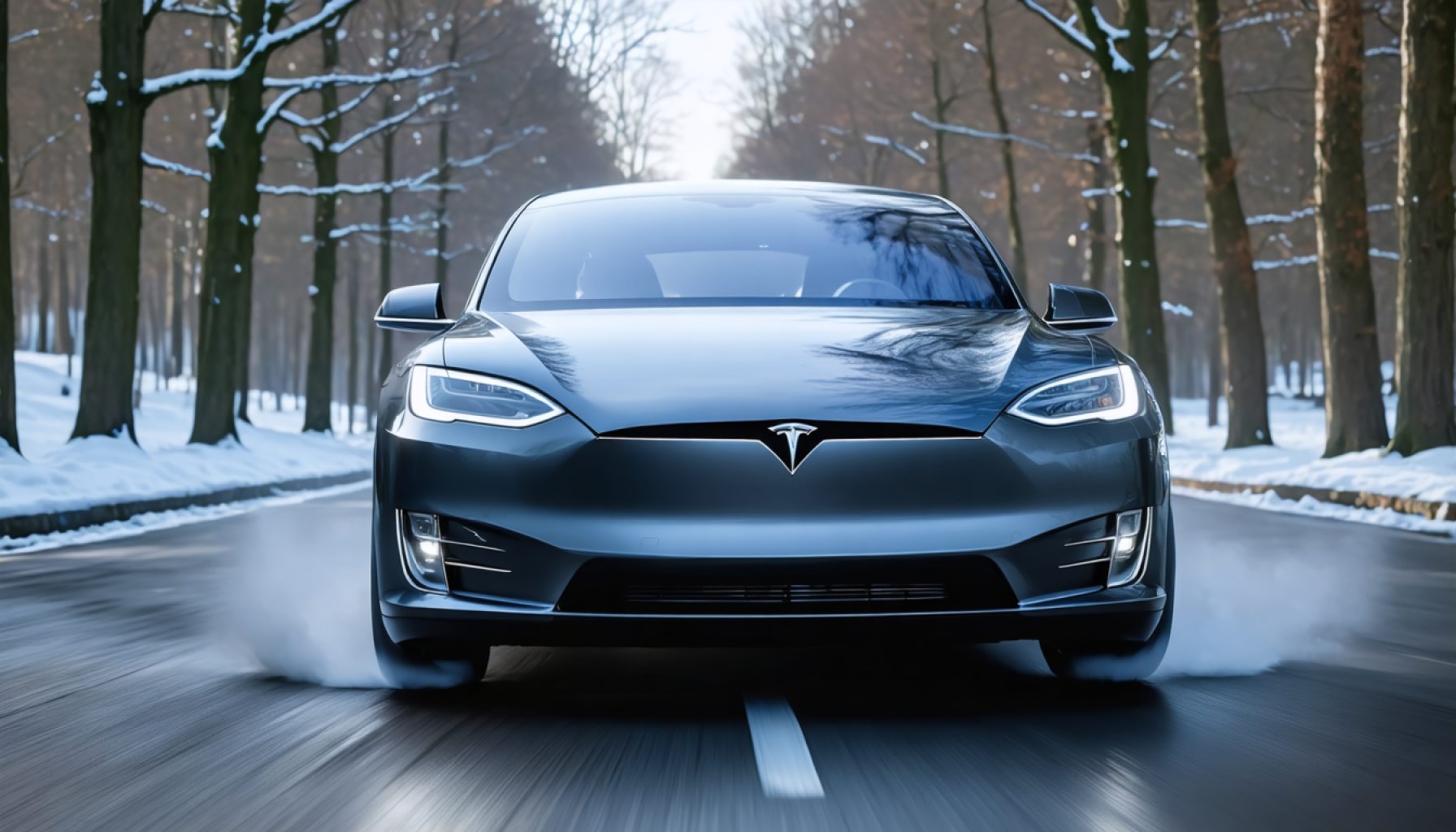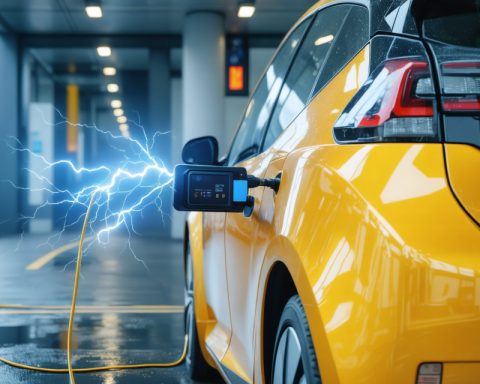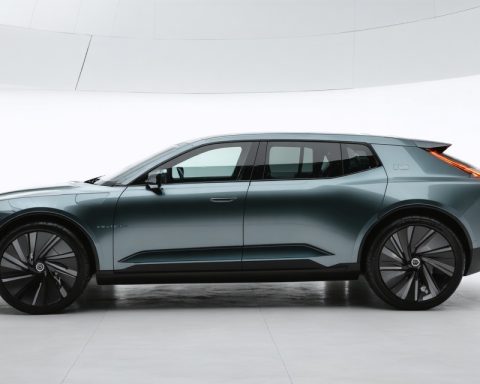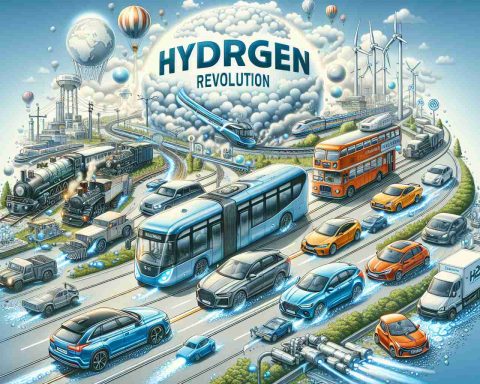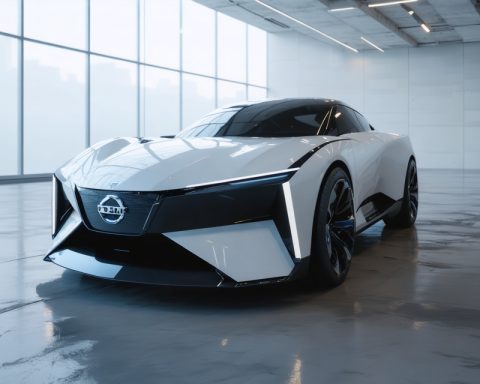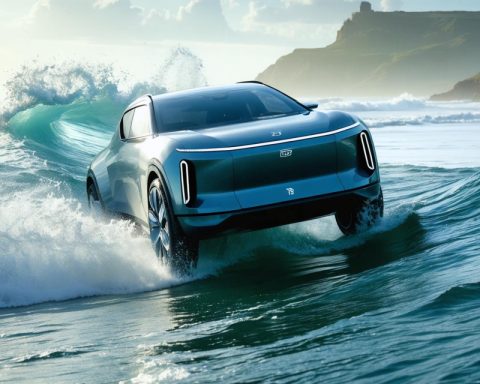- Tesla’s sales in Germany plummeted by 76% in February year-on-year, raising concerns about its market position.
- A survey on T-Online shows 94% of Germans are unwilling to purchase a Tesla, influenced by CEO Elon Musk’s divisive behavior.
- Despite the overall German EV market growing by 32%, Tesla faces intense competition and challenges from Musk’s reputation.
- Musk’s controversial political statements, particularly regarding Nazi topics, have alienated German consumers.
- Support for the far-right AfD, which is oppositional to Tesla, is around 20%, complicating Tesla’s brand image further.
- Speculation suggests Tesla may need new leadership to focus on core strengths and dissociate from political distractions.
Glimmers of Tesla’s legendary spark seem to dim in Germany where sales of the electric vehicle giant dropped a staggering 76% in February compared to last year. In a nation that prides itself on precision engineering and boasts some of the finest automakers, such a fall raises eyebrows and questions about the roots of this slump.
Gracing headlines, CEO Elon Musk’s outlandish antics and political dabblings appear to leave a sour taste among German consumers. A survey conducted on the poll-commanding platform T-Online—part of Germany’s digital fabric—revealed an astounding 94% of respondents reject the idea of purchasing a Tesla. A mere 3% of those surveyed linger at the thought of considering the brand, turning a cold shoulder to what was once the golden child of electric mobility.
While the German EV market surged with a 32% increase in total EV registrations to over 55,000 units, Tesla staggered amidst robust competition and internal woes. The switch-up of the popular Model Y and a lull in Model 3 sales play their part, yet experts point fingers at Musk’s infamous reputation, which seems to eclipse other factors.
Musk’s impromptu foray into Germany’s political sphere and his divisive remarks about Nazi apologies have left many Germans bewildered and alienated. His actions invoke memories painfully etched into the collective consciousness, stirring controversy far beyond the autobahns. Support for the far-right AfD, a political entity that has historically rebuffed Tesla, rests only around 20% of the electorate, leaving Tesla in a delicate dance for favor. In juxtaposition, Musk’s perceived endorsement acts less as a boon and more as an albatross to Tesla’s prospects.
The culmination of political missteps and consumer disinclination raises existential questions about Tesla’s future in the land of Goethe and Mercedes. If Tesla aims to halt its dwindling fortunes in Germany, a pivot might be inevitable—a pivot where Musk steps aside to allow a new torchbearer to steer the company clear of political entanglements and focus purely on electrifying the roads.
The takeaway is clear: Tesla’s challenge isn’t just technological but deeply human, entwined with perceptions and politics. As the company charts its course in Germany, the electric giant must navigate not only the market but the intricacies of cultural and political landscapes that can charge and short the very heart of its ambitions.
Why Tesla’s Sales are Plummeting in Germany: Unpacking the Decline
Understanding the Decline in Tesla’s German Market Performance
The recent plunge in Tesla’s sales in Germany, a significant drop of 76% in February, indeed captures attention in a country synonymous with automotive excellence. In contrast to the flourishing German EV market experiencing a 32% rise in registrations, Tesla finds itself at a crossroads amid fierce competition and internal challenges.
Factors Contributing to Tesla’s Struggles
1. Consumer Perception and Elon Musk’s Reputation:
– Cultural Sensitivity: Elon Musk’s controversial statements, particularly surrounding Germany’s sensitive historical topics, have not resonated well with German consumers. Allegiances to the far-right AfD, which does not support Tesla, are minor yet impactful in this context.
– Public Opinion: According to T-Online, a significant 94% of its surveyed users are disinclined to buy Tesla vehicles. This perception might be influenced by Musk’s unpredictable behavior and political comments.
2. Market Competition:
– Local Rivals: German automakers are robust competitors, offering innovative EV solutions that align with consumer preferences. Companies like Volkswagen and BMW are committed to expanding their EV portfolios, leveraging deep-rooted trust and brand loyalty.
– Product Challenges: Changes to popular models, such as the Model Y, and a decline in Model 3 sales have further complicated Tesla’s position.
Insights and Predictions for Tesla’s Future in Germany
– Adapting Strategies: Tesla must consider appointing local leadership to rebuild brand image and adapt marketing strategies that resonate with the cultural and traditional values of German consumers.
– Investment in Innovation: Increased focus on technological innovation and sustainability could reclaim consumer interest, leveraging Germany’s penchant for high-quality engineering.
– Collaborative Opportunities: Building alliances or collaborations with German companies might serve as a strategic entry point to rebuild its reputation and market share.
Pressing Questions and Actionable Recommendations
Q: What should Tesla do to regain trust and boost sales in Germany?
– Localize Leadership: Appointing experienced German executives can help navigate cultural nuances and improve public perception.
– Cultural Engagement: Engage positively with German culture by addressing past missteps and developing initiatives that highlight shared values and goals.
– Product Adaptation: Tailor products to meet the specific needs and expectations of the German market, including features focusing on quality, reliability, and technology.
Q: Can Tesla still compete in Germany despite strong local brands?
– Yes, by focusing on its strengths—cutting-edge technology and a commitment to sustainability—Tesla can carve a niche, particularly among environmentally conscious consumers eager for innovation.
Conclusion and Quick Tips
Tesla’s hurdles in Germany underscore the importance of understanding cultural dynamics and consumer sentiments. By stepping back from political tangles and prioritizing strategic localization, Tesla can reforge its path in one of the world’s most competitive car markets.
– Transformation Tips:
– Engage with Market Analysts to understand German consumer behavior and preferences thoroughly.
– Foster Community Relations through partnerships and local initiatives that advocate for environmental and technological advances.
For further exploration of Tesla’s global strategies and innovative technologies, visit the Tesla website. By staying informed and proactive, Tesla can transform market adversities into ample opportunities.
